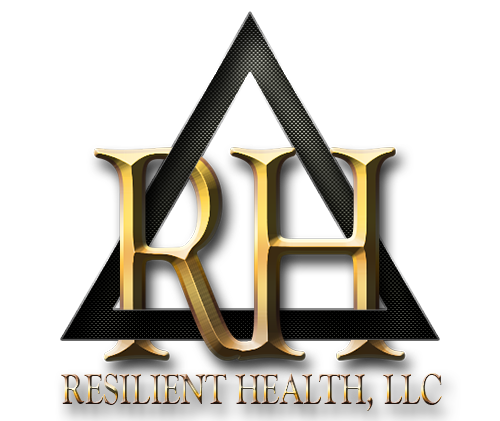Why Recovery Days Should Be a Non-Negotiable for You
In the fitness world, we often hear the phrase "no days off" as a badge of honor. But the reality? Recovery is just as important as your workouts—if not more. Skipping rest days doesn’t mean you’re pushing harder; it means you’re setting yourself up for injury, burnout, and stalled progress. If you’re serious about optimizing your performance, recovery days should be a non-negotiable part of your routine. Here’s why.
The Science Behind Recovery Days
Every time you work out—whether it’s lifting weights, running, or high-intensity training—you’re causing microscopic damage to your muscles. This isn’t a bad thing; it’s actually how muscles grow. But they only grow when they’re allowed to repair. That process happens during rest, not during exercise.
1. Muscle Growth Happens in Recovery
Exercise creates tiny tears in muscle fibers, and your body repairs them through protein synthesis, making them stronger. However, if you keep training without giving your body time to heal, you’ll disrupt this process and prevent real progress. A well-structured recovery plan ensures that you’re maximizing muscle gain rather than breaking down your body.
2. Preventing Overtraining & Injury
Overtraining doesn’t just make you feel exhausted—it can actually weaken your muscles and joints. Without proper rest, your body can’t repair itself efficiently, increasing your risk of strains, stress fractures, and chronic inflammation. If you’re frequently feeling sore, sluggish, or seeing a decline in performance, chances are your body is crying out for rest.
3. Nervous System Recovery
Your central nervous system (CNS) takes a hit from intense workouts, especially heavy strength training and high-intensity cardio. When overworked, it can lead to extreme fatigue, slower reaction times, and poor coordination. Active recovery days—like light stretching, walking, or yoga—can help reset your CNS without adding additional stress.
4. Hormonal Balance & Sleep Quality
Consistently skipping recovery can lead to increased cortisol levels (the stress hormone), which can hinder muscle growth and fat loss. Poor recovery also impacts sleep, and without good sleep, your body struggles to regulate hormones critical for recovery, energy, and even metabolism.
How to Optimize Recovery Days
Rest days don’t mean sitting on the couch all day (although sometimes that’s needed too). Here’s how to make the most of them:
Active Recovery: Low-impact activities like yoga, walking, or swimming can improve circulation and reduce stiffness.
Prioritize Nutrition: Ensure you're fueling with high-quality protein, healthy fats, and carbohydrates to aid muscle repair.
Hydrate: Dehydration can lead to muscle cramps and slower recovery. Aim for plenty of water throughout the day.
Quality Sleep: Aim for 7-9 hours of sleep to allow your body to fully recover and repair.
Mobility & Stretching: Foam rolling, stretching, and mobility work can aid muscle recovery and keep you injury-free.
Make Recovery a Priority—Not an Afterthought
Taking a day off from intense workouts isn’t a sign of weakness—it’s a crucial step in getting stronger, leaner, and healthier. If you want long-term results, you need to build a plan that includes recovery as a key pillar of your routine.
Ready to train smarter, recover better, and see real progress? Sign up for our program today and learn how to structure your fitness journey for sustainable results. Your body will thank you!

